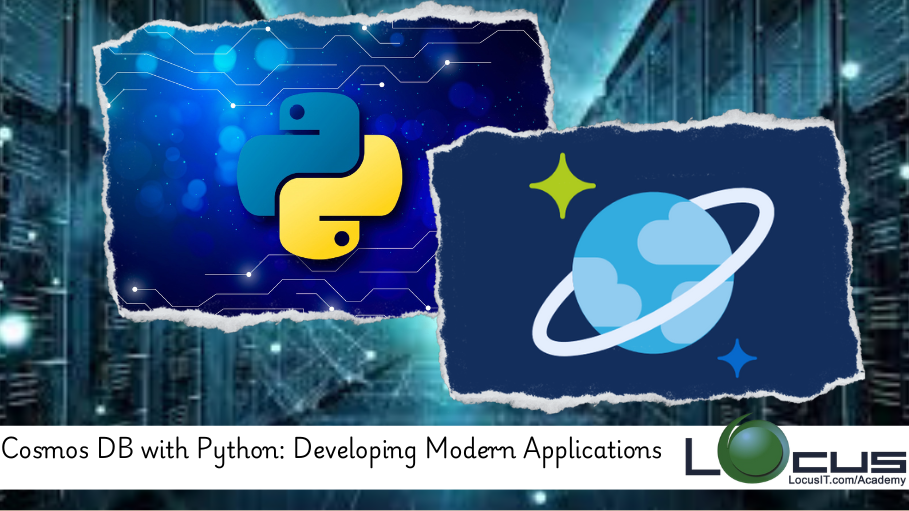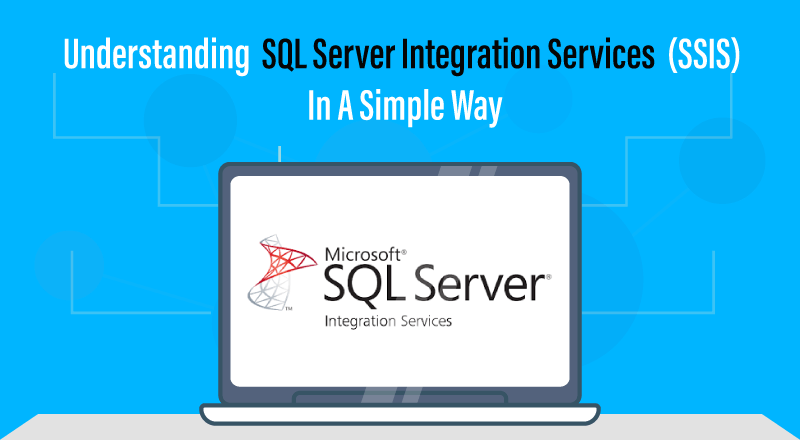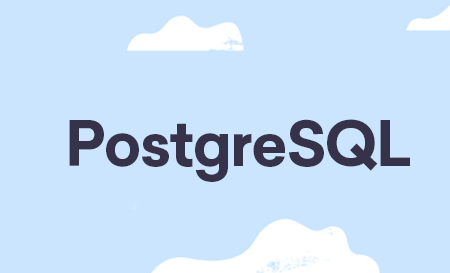Description
Introduction of Cosmos DB with Python
This course provides an in-depth look at how to integrate Cosmos DB with Python to develop scalable, modern applications. Participants will learn how to interact with Cosmos DB using Python SDKs, manage data storage, execute queries, and utilize Python’s powerful capabilities to enhance performance and data analysis. The course will cover the full cycle, from setting up Cosmos DB to building robust applications with efficient data management and querying techniques.
Prerequisites
- Basic Knowledge of Python: Familiarity with Python programming concepts.
- Introduction to Cosmos DB: Understanding Cosmos DB concepts, such as NoSQL, multi-region distribution, and APIs.
- Familiarity with Azure: Basic knowledge of Microsoft Azure and Cosmos DB configuration.
- Understanding of JSON: Knowledge of working with JSON, as Cosmos DB uses it as the data format.
Table of Contents
1. Introduction to Cosmos DB and Python
1.1. Overview of Cosmos DB
1.2. Why Use Cosmos DB with Python?
1.3. Setting Up Your Cosmos DB Account for Python
1.4. Understanding Cosmos DB APIs and Python SDK
2. Setting Up Your Development Environment
2.1. Installing Python and Azure SDK
2.2. Creating and Configuring a Cosmos DB Account
2.3. Connecting Python to Cosmos DB
2.4. First Steps: Basic Python Operations with Cosmos DB
3. Understanding Cosmos DB Data Models
3.1. Cosmos DB Consistency Levels
3.2. Working with Documents and Collections
3.3. Structuring Your Data in Cosmos DB
3.4. Using SQL API, MongoDB API, and Gremlin API with Python
4. Managing Data in Cosmos DB
4.1. Creating, Reading, Updating, and Deleting Data (CRUD Operations)
4.2. Working with Containers and Items
4.3. Handling Data with JSON and Python Data Structures
4.4. Querying Cosmos DB Using SQL API with Python
5. Optimizing Performance in Cosmos DB with Python
5.1. Understanding Throughput and Request Units (RUs)
5.2. Indexing Strategies for Improved Query Performance
5.3. Pagination and Efficient Data Retrieval(Ref: Cosmos DB and Graph API: Exploring Graph Data Modeling)
5.4. Best Practices for Cost Efficiency and Performance Optimization
6. Advanced Cosmos DB Features with Python
6.1. Working with Multi-Region Data Distribution
6.2. Handling Large Scale Data with Cosmos DB
6.3. Implementing Advanced Queries Using Python
6.4. Using Stored Procedures, Triggers, and User Defined Functions (UDFs)
7. Real-Time Data Handling and Streaming with Cosmos DB and Python
7.1. Setting Up Real-Time Data Solutions
7.2. Using Change Feed to Monitor Data Changes
7.3. Integrating with Azure Functions for Real-Time Processing
7.4. Using Python for Event-Driven Applications
8. Cosmos DB Security and Access Control in Python Applications
8.1. Implementing Authentication with Azure Active Directory
8.2. Managing Permissions with Role-Based Access Control (RBAC)
8.3. Data Encryption in Transit and at Rest
8.4. Securing Sensitive Data in Cosmos DB
9. Integrating Cosmos DB with Python Frameworks
9.1. Integrating with Flask for Web Applications
9.2. Using Django with Cosmos DB
9.3. Building Scalable APIs with FastAPI and Cosmos DB
9.4. Connecting Python with Front-End Technologies
10. Cosmos DB and Python in Machine Learning and Analytics
10.1. Integrating Cosmos DB with Machine Learning Models
10.2. Using Cosmos DB for Storing Large Datasets for ML Applications
10.3. Querying and Processing Data for Data Science Projects
10.4. Using Python to Analyze Cosmos DB Data with Pandas and NumPy
11. Troubleshooting and Debugging Python Applications with Cosmos DB
11.1. Common Issues When Using Cosmos DB with Python
11.2. Debugging Python Scripts with Cosmos DB Connections
11.3. Monitoring and Logging with Azure Monitor
11.4. Error Handling and Best Practices for Robust Python Applications
12. Conclusion
12.1. Recap of Key Learnings
12.2. Best Practices for Python and Cosmos DB Integration
12.3. Next Steps for Building Full-Stack Applications with Cosmos DB
12.4. Future Trends in Cosmos DB and Python Development
Conclusion
By the end of this course, participants will have acquired the skills to develop modern, scalable applications using Cosmos DB and Python. They will have learned to optimize performance, integrate with popular Python frameworks, and work with real-time data solutions. Additionally, the course will equip learners with the knowledge to implement secure and efficient Cosmos DB applications for a variety of use cases.







Reviews
There are no reviews yet.